Why A Hard-Sell Pitch For COVID Vaccines Won’t Work In This Rural Illinois Town
Enlarge this image
Tourists still stop by to see the confluence of the Mississippi and Ohio rivers in the city of Cairo, Ill., where commercial ships dock on the banks. A long history of racial tension dating to the Civil War still stings in Cairo. And like many rural towns across the U.S., the community feels underappreciated and misunderstood.
Cara Anthony/Kaiser Health News
hide caption
toggle caption
Cara Anthony/Kaiser Health News
Enlarge this image
Earlier this summer, Cairo residents Lee Wright and son Roman Wright took a break from their construction work for a photo. Both men had decided not to get vaccinated. «I’m like my dad, Roman Wright says. «I was born and raised in church all my life. So I say we believe in God. I know my parents pray for me. We pray for each other and we just believe in God.
Cara Anthony/Kaiser Health News
hide caption
toggle caption
Cara Anthony/Kaiser Health News
Shots — Health News
OPINION: 5 Ways To Make The Vaccine Rollout More Equitable
Already 4-H clubs have been making masks and face shields. In Illinois, the agency has a COVID-19 resource guide for families, business owners and farmers. The office covering the southern portion of the state is now looking to hire someone in the community to help get out the word on why vaccinations matter. Johnson also wants to team up with local churches, civic groups and business owners to get the job done.
Why only a nuanced vaccine strategy will be persuasive
«This is not our first global pandemic, said Carissa Nelson, a spokesperson for 4-H programs in Illinois. The organization’s agents and club members nursed patients during the 1918 flu pandemic that devastated the world.
This time around, the extension service’s strategy could also help in these rural communities and the urban areas it serves. But local leaders say there’s no quick solution for improving vaccination rates in Cairo or across the country; getting people vaccinated is a nuanced challenge in every community. In Cairo, a long history of racial tension dating to the Civil War still stings. Like many rural towns across the U.S., the community also feels underappreciated and misunderstood.
Enlarge this image
Beverly Davis (left) shows off a catfish along the riverbank in Cairo, Ill. Davis fishes often for dinner and gives away much of her catch to the community. Ronnie Woods (right), a local pastor and retired schoolteacher, explains why he got vaccinated against COVID-19: «I have strong faith, Woods says. «And at my age, my risk factors, I just felt that God placed science there to help us.
Cara Anthony/Kaiser Health News
hide caption
toggle caption
Cara Anthony/Kaiser Health News
Shots — Health News
Lagging Vaccination Rates Among Rural Seniors Hint At Brewing Rural-Urban Divide
Shots — Health News
As Trusted Voices, Farmers Could Be Key To Boosting Rural Vaccination Rates
«I haven’t had COVID, so I feel like I don’t need to get vaccinated right now, said Jeffery DeWitt, 24. «I’ll just take it as it goes.
Wright’s son, Roman Wright, 36, said much the same thing while helping his dad build the nail salon across town. He works for the prison system. One of its facilities nearby reported COVID-19 cases, but Wright hadn’t contracted the disease. Like his father, he said he didn’t plan on getting the shots.
«I’m like my dad, Roman Wright said. «I was born and raised in church all my life. So I say we believe in God. I know my parents pray for me. We pray for each other and we just believe in God.
Woods, the pastor, has a different point of view. He keeps his vaccination card in a plastic sheath and carries it with him wherever he goes.
«God placed science there to help us
«I have strong faith, said Woods, 66. «And at my age, my risk factors, I just felt that God placed science there to help us.
But Woods said it’s going to take work to persuade others in Cairo to get vaccinated, even if they know someone who died of COVID-19. A prominent doctor was among the dead in the community. «It’s going to take more than explaining, it is going to take a cultural shift because people are just not trusting, he said.
Enlarge this image
University of Illinois Extension director Jody Johnson (right) exchanges contact information with Lee Wright (left) and his son Roman. The Extension’s office in southern Illinois has launched a vaccination education program that aims to reach this storied city; Johnson knows listening to locals on the topic will be key.
Cara Anthony/Kaiser Health News
hide caption
toggle caption
Cara Anthony/Kaiser Health News
University of Illinois Extension director Jody Johnson (right) exchanges contact information with Lee Wright (left) and his son Roman. The Extension’s office in southern Illinois has launched a vaccination education program that aims to reach this storied city; Johnson knows listening to locals on the topic will be key.
Cara Anthony/Kaiser Health News
That’s one reason Johnson is searching for a local voice to lead the extension service’s vaccine education program over the next year. As a 51-year-old white man who grew up in a predominantly white community 45 miles outside of Cairo, he recognizes that local residents would be more likely to share their thoughts with someone who lives here. Plus, he spends most of his time talking with community leaders and public officials. He is searching for someone who will spend time with locals who don’t hold titles and positions.
«Everybody doesn’t think like me, Johnson said. «So we need to take that into consideration.
Kaiser Health News is a national, editorially independent newsroom and program of the Kaiser Family Foundation, and is not affiliated with Kaiser Permanente.
- rural communities
- COVID-19 vaccine
- churches
- rural health
Обсудим?
Смотрите также:

